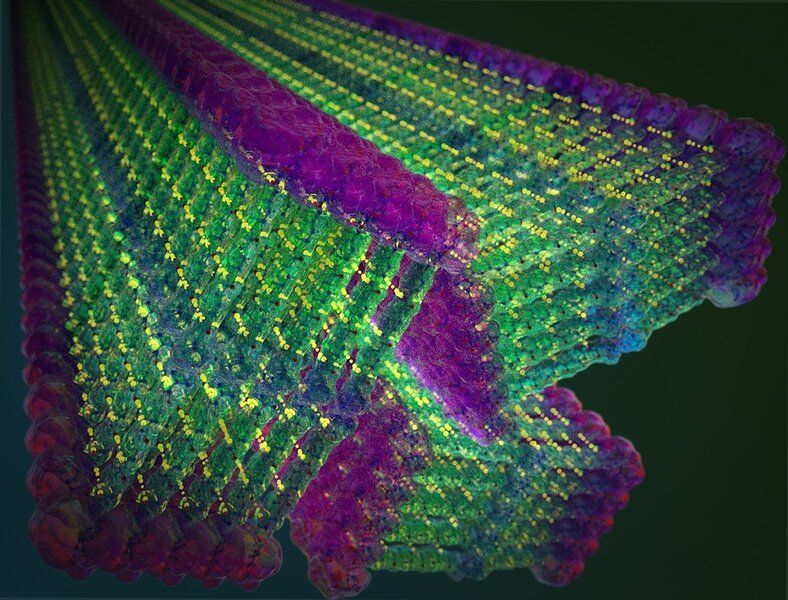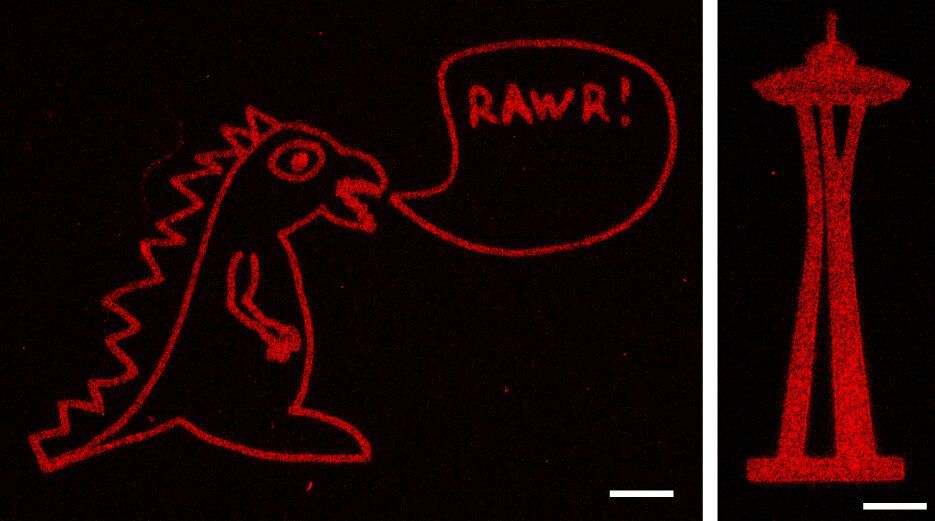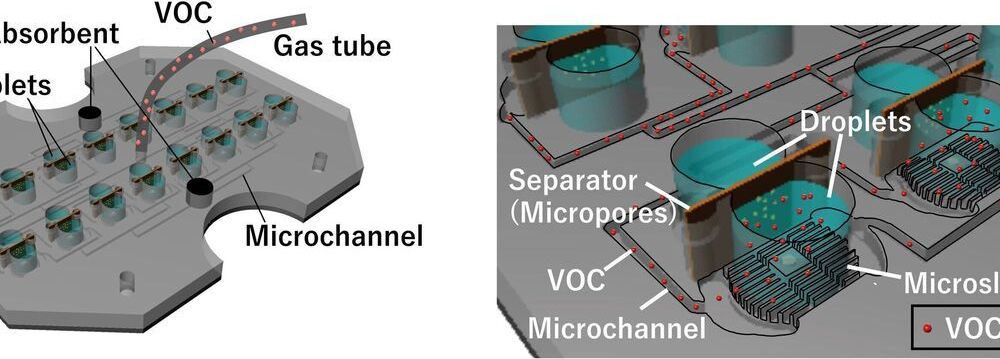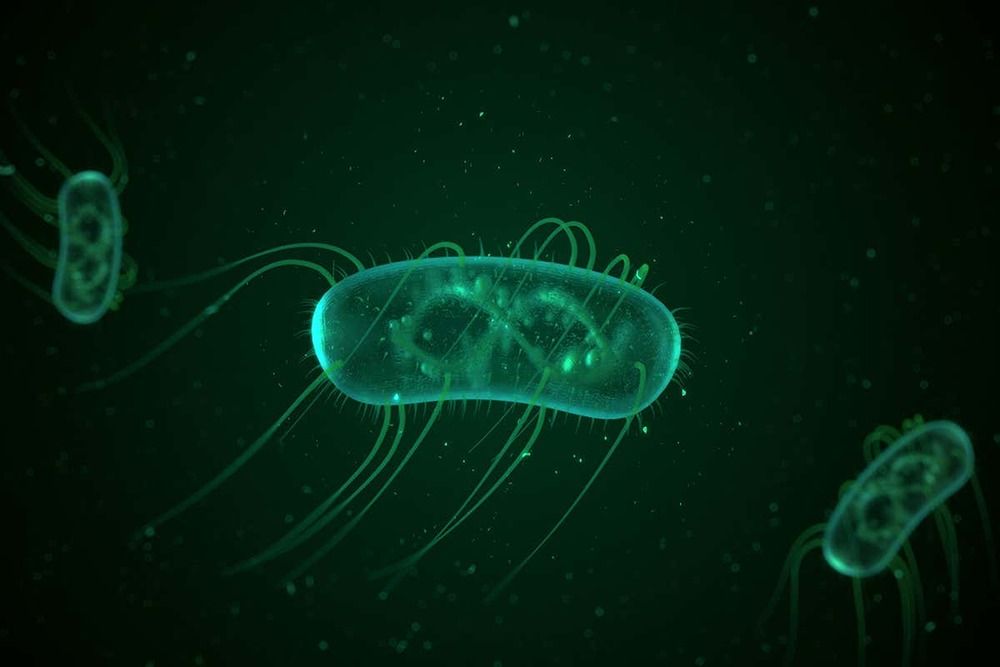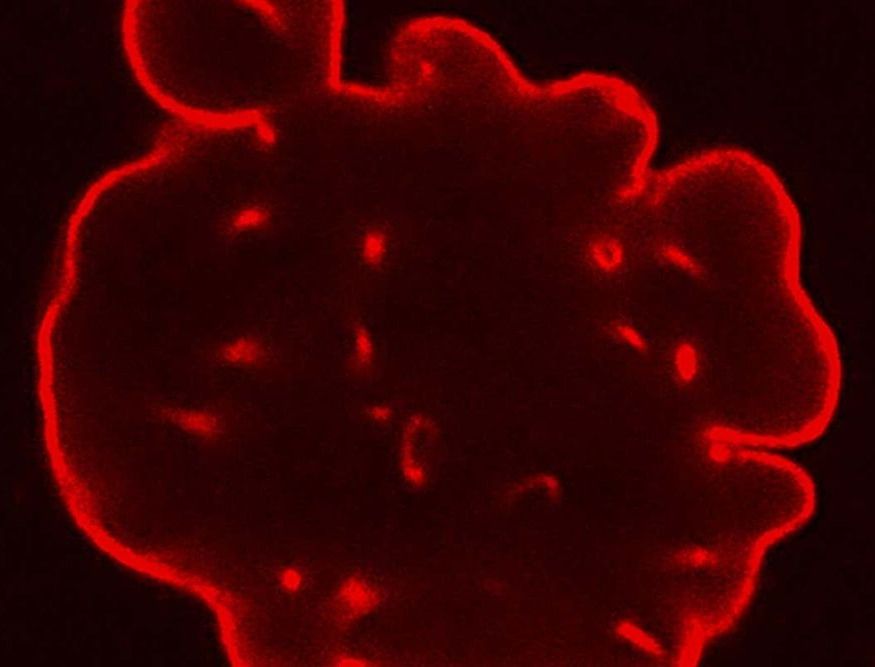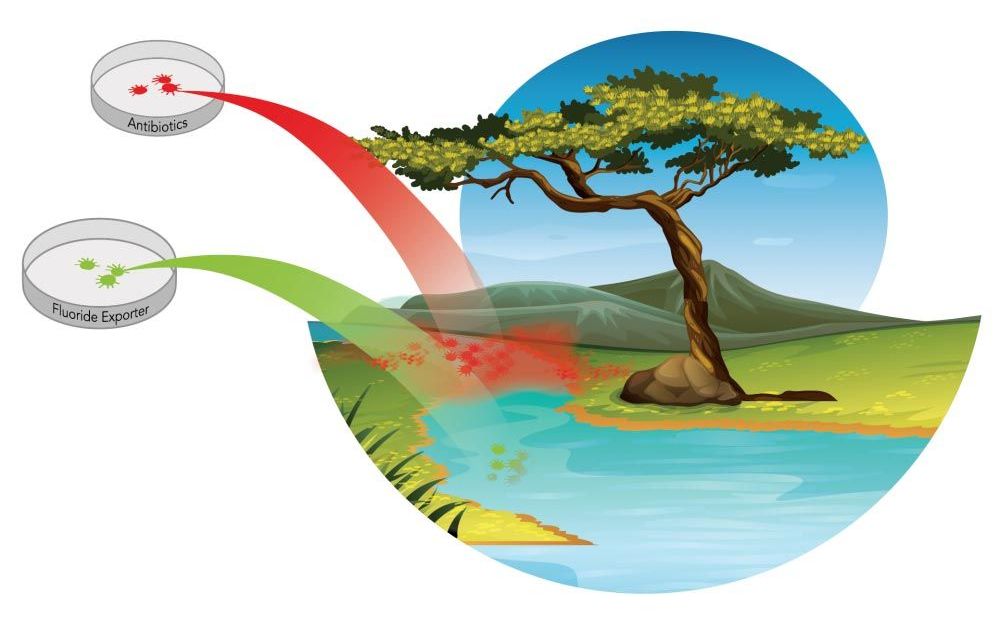An anthropologist dives into the world of genetic engineering to explore whether gene-editing tools such as CRISPR fulfill the hope of redesigning our species for the better.
The Mutant Project: Inside the Global Race to Genetically Modify Humans by Eben Kirksey. St. Martin’s Press, November 2020. Excerpt previously published by Black Inc.
Surreal artwork in the hotel lobby—a gorilla peeking out of a peeled orange, smoking a cigarette; an astronaut riding a cyborg giraffe—was the backdrop for bombshell news rocking the world. In November 2018, Hong Kong’s Le Méridien Cyberport hotel became the epicenter of controversy about Jiankui He, a Chinese researcher who was staying there when a journalist revealed he had created the world’s first “edited” babies. Select experts were gathering in the hotel for the Second International Summit on Human Genome Editing—a meeting that had been called to deliberate about the future of the human species.
